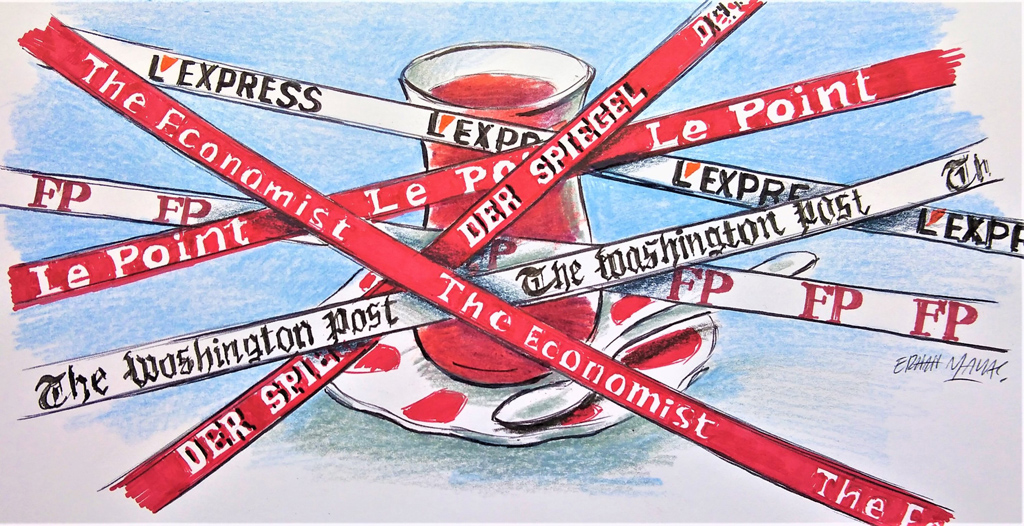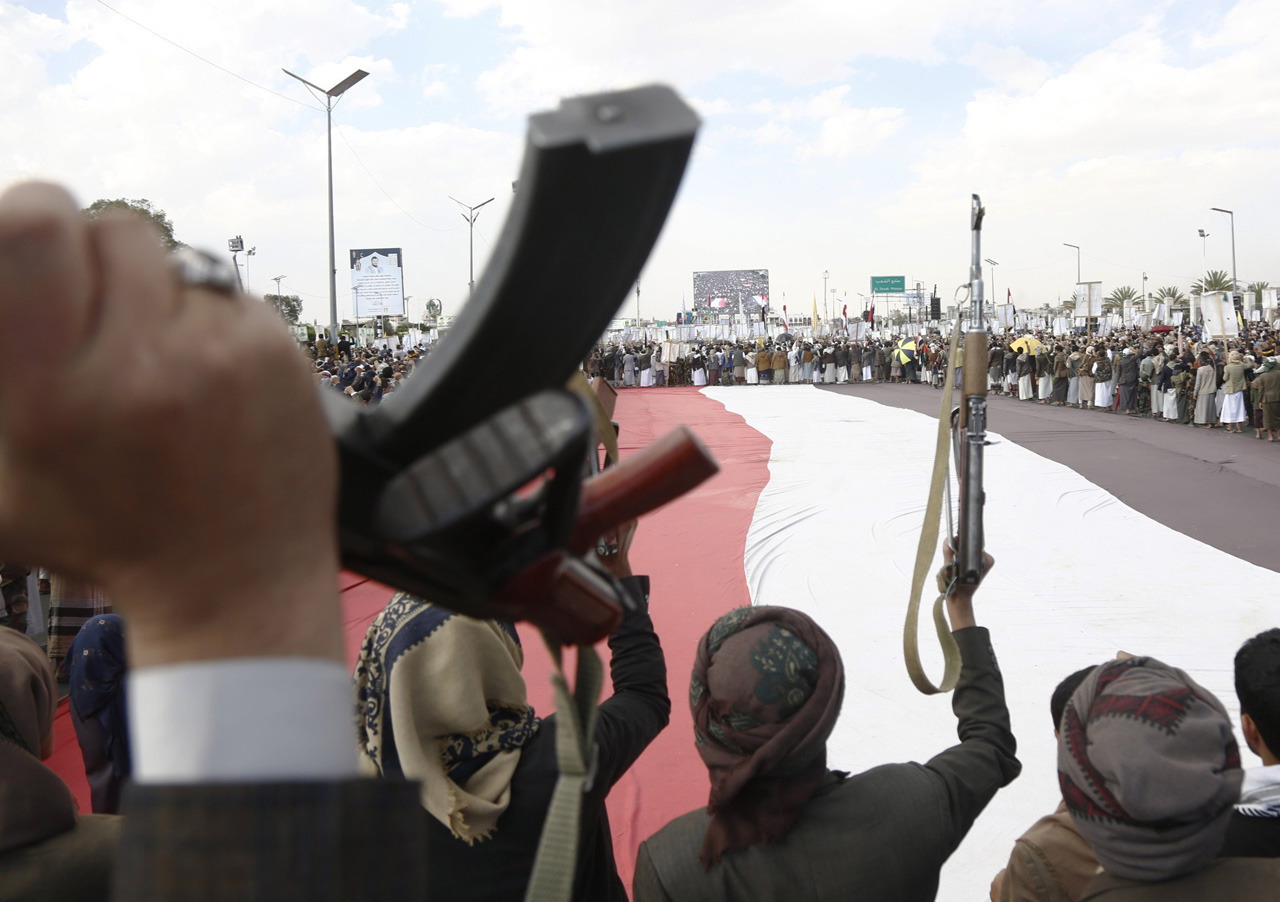
It's time to challenge the Western media narrative on Türkiye
The Western media doubling down on its anti-Erdoğan campaign in the home stretch is hardly surprising. In addition to The Economist, which went well beyond endorsing the opposition candidate in Türkiye’s presidential race, publications like Foreign Policy, Le Point, L’Express, Der Spiegel and The Washington Post have been notably involved in the Turkish elections.
Share
The Western media doubling down on its anti-Erdoğan campaign in the home stretch is hardly surprising. In addition to The Economist, which went well beyond endorsing the opposition candidate in Türkiye’s presidential race, publications like Foreign Policy, Le Point, L’Express, Der Spiegel and The Washington Post have been notably involved in the Turkish elections.
Having identified the May 14 elections as the most important contest of 2023, the Western media was not actually expected to promote President Recep Tayyip Erdoğan. After all, those folks absolutely dislike the Turkish leader and his unwavering commitment to defending Turkish interests because they yearn for a “docile” Türkiye. Moreover, they are frustrated by Ankara’s challenges and effective steps amid the shifting international balance of power.
It goes without saying that the potential victory of Kemal Kılıçdaroğlu, the Republican People’s Party (CHP) chairperson and presidential candidate, would play into the hands of Western governments. Kılıçdaroğlu has already pledged to lock the S-400 air defense system in a hangar, assume a pro-Western stance in relations with Russia, comply with NATO’s demands and develop a different policy toward the militants of the PKK’s Syrian branch, YPG, in northern Syria – all of which would suit the West quite well. They do not care whether such steps hurt Turkish interests or undermine regional stability. Hence the lack of surprise in Türkiye over the Western media’s biased comments.
For the record, there is absolutely no room for any pro-Erdoğan remarks in those publications – which deliberately use terms like danger, challenge and expansionism in their coverage of Türkiye’s growing strategic and diplomatic significance. Let us recall that the Western media consistently backed the opposition in Turkish elections and constitutional referenda over the last decade. Indeed, analyzing the Western discourse on Türkiye’s supposed authoritarian turn under Erdoğan’s leadership could generate substantial academic literature. They developed so many arguments and made so many accusations that Edward Said might have rewritten his masterpiece, "Orientalism," many more times. The Western media charged the Turkish government with “Islamic fascism” and “aggressive neo-Ottomanism,” as well as described the country’s president as an “expansionist sultan” and “the other (Russian President Vladimir) Putin.” Nowadays, they fantasize about Erdoğan’s potential defeat, triggering a global anti-authoritarian wave. Their approach is entirely out of touch with reality.
Tags »
Related Articles






